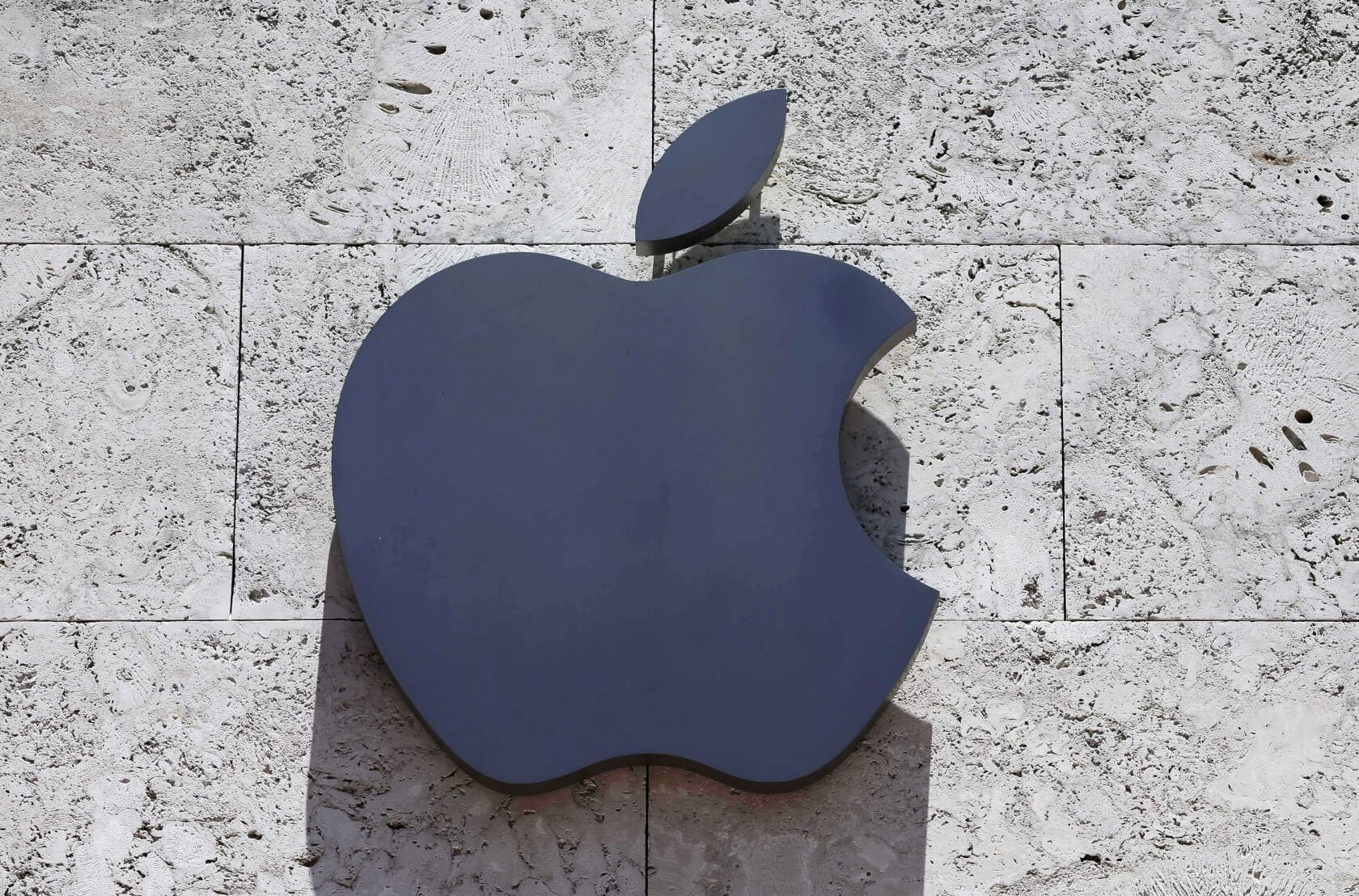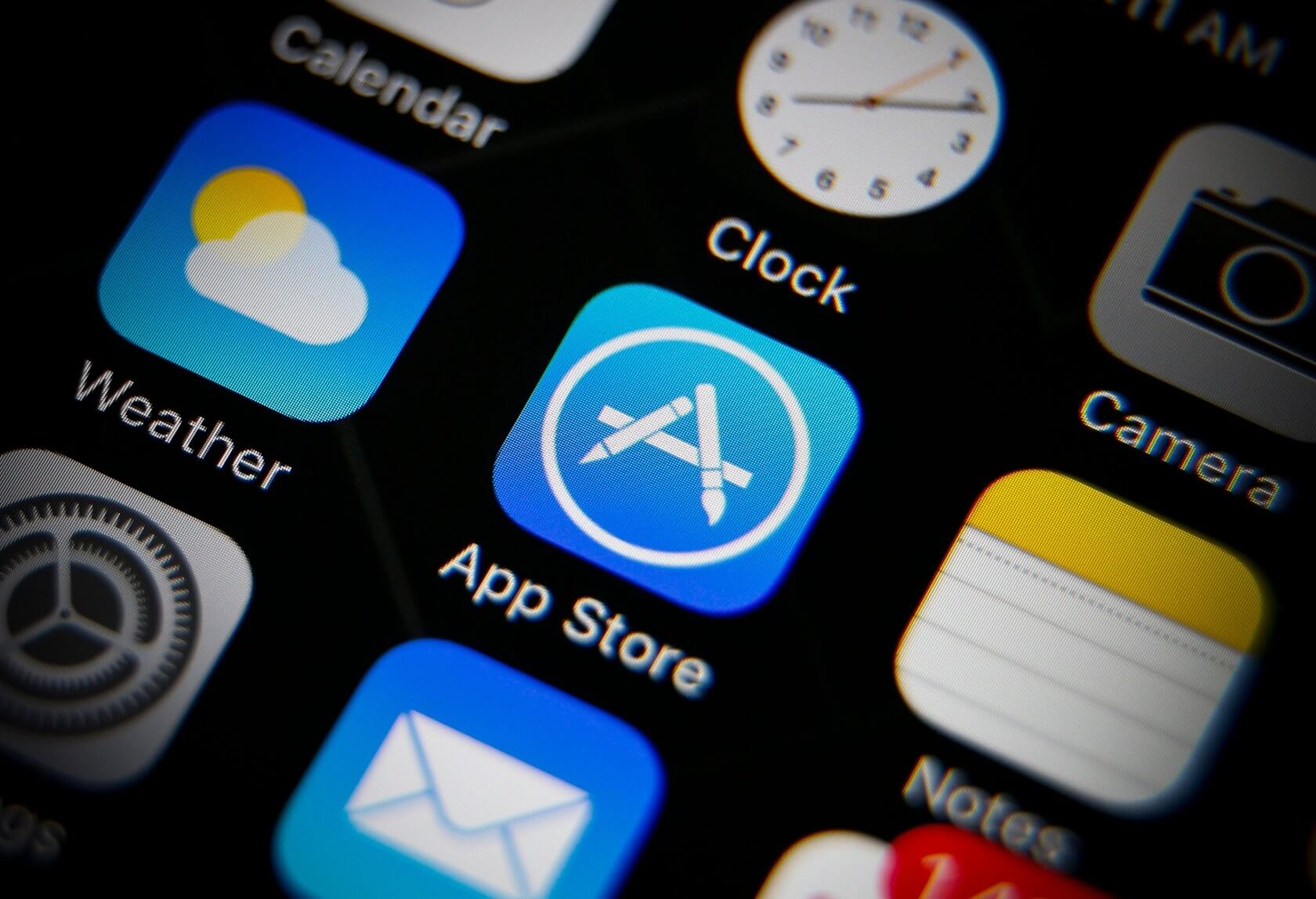In context: Apple is no stranger to lawsuits, whether it's lodging them against others or being slapped with one itself. You need only search "Apple lawsuit" here on TechSpot for evidence of that – the company has been hit with suits for everything from its defective "butterfly" keyboards to allegedly lying about the iPhone X's notch and screen size.
Whether all of those suits are warranted or not is not for us to say, but we do know that comparatively few of them last long enough to reach a conclusion, and some of the more spurious ones probably aren't taken all that seriously by Apple's top brass.
However, a newly-filed lawsuit against Apple might just draw the company's attention – two developers who create content for the App Store have filed litigation against the tech giant, claiming that the App Store has a "monopoly" when it comes to the sale of iOS apps.

This is not the first time such a lawsuit has been leveled against Apple; similar litigation regarding the App Store's 30 percent revenue cut was headed to the Supreme Court last year.
In this case, though, the two plaintiffs take issue with the App Store as a whole, not just its revenue model. "Apple is a monopolist in the U.S. market for iOS app and in-app product distribution services," the plaintiffs' lawyers state in the "relevant facts" section of their suit. "Apple's unlawful practices harm competition, developers, and consumers of apps and in-app products, too."
"Apple is a monopolist in the U.S. market for iOS app and in-app product distribution services,"
The individuals and their legal team, HBSS Law, are seeking class action certification for their case.
"We believe that developers who work hard to design, build, and sell their own apps and in-app digital products in app stores should not be harmed by unfair or anti-competitive behavior from big tech companies," the law firm said in a page dedicated to screening potential class action recruits. "Our legal team is investigating your rights pertaining to the distribution of iOS apps and in-app digital products through the App Store."
Time will tell whether or not this suit will gain any traction, but we will be reaching out to Apple for comment and will update this article if we receive a response.
